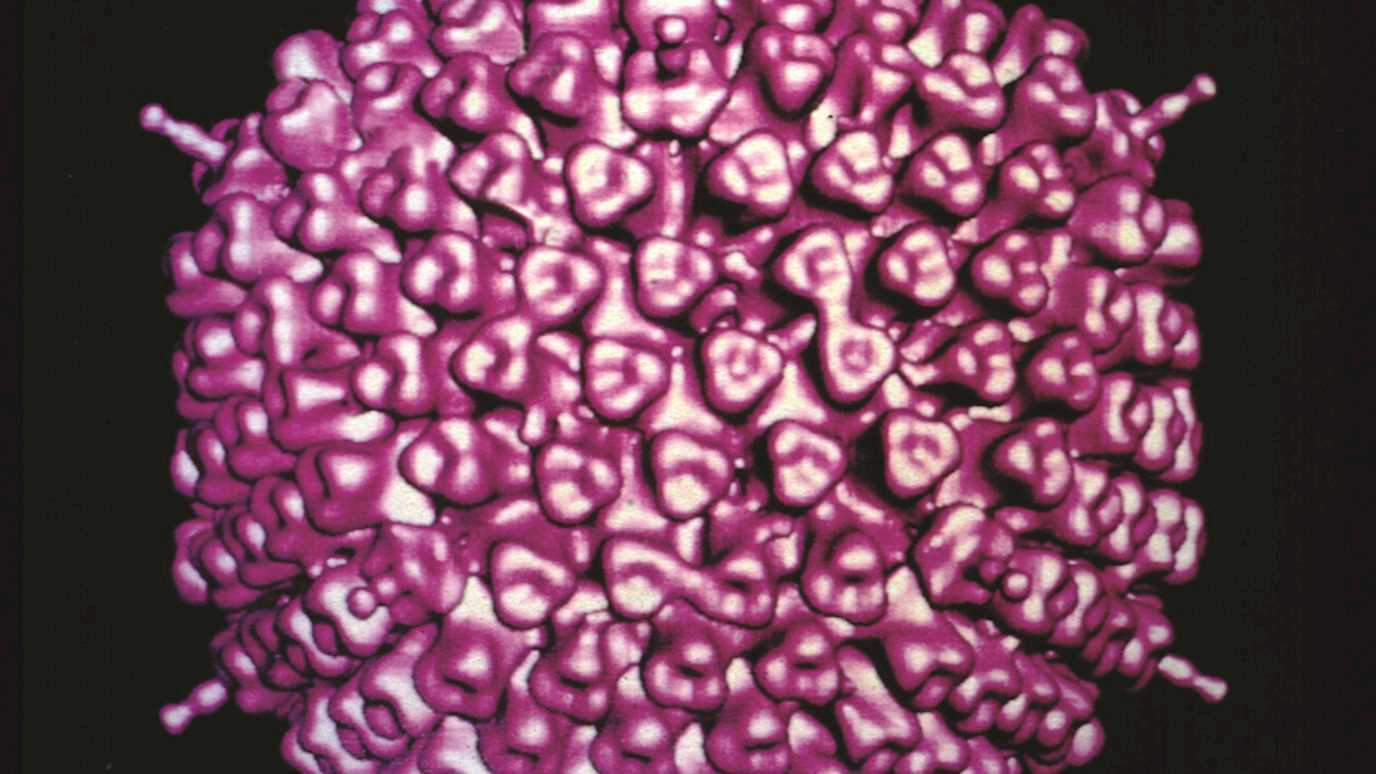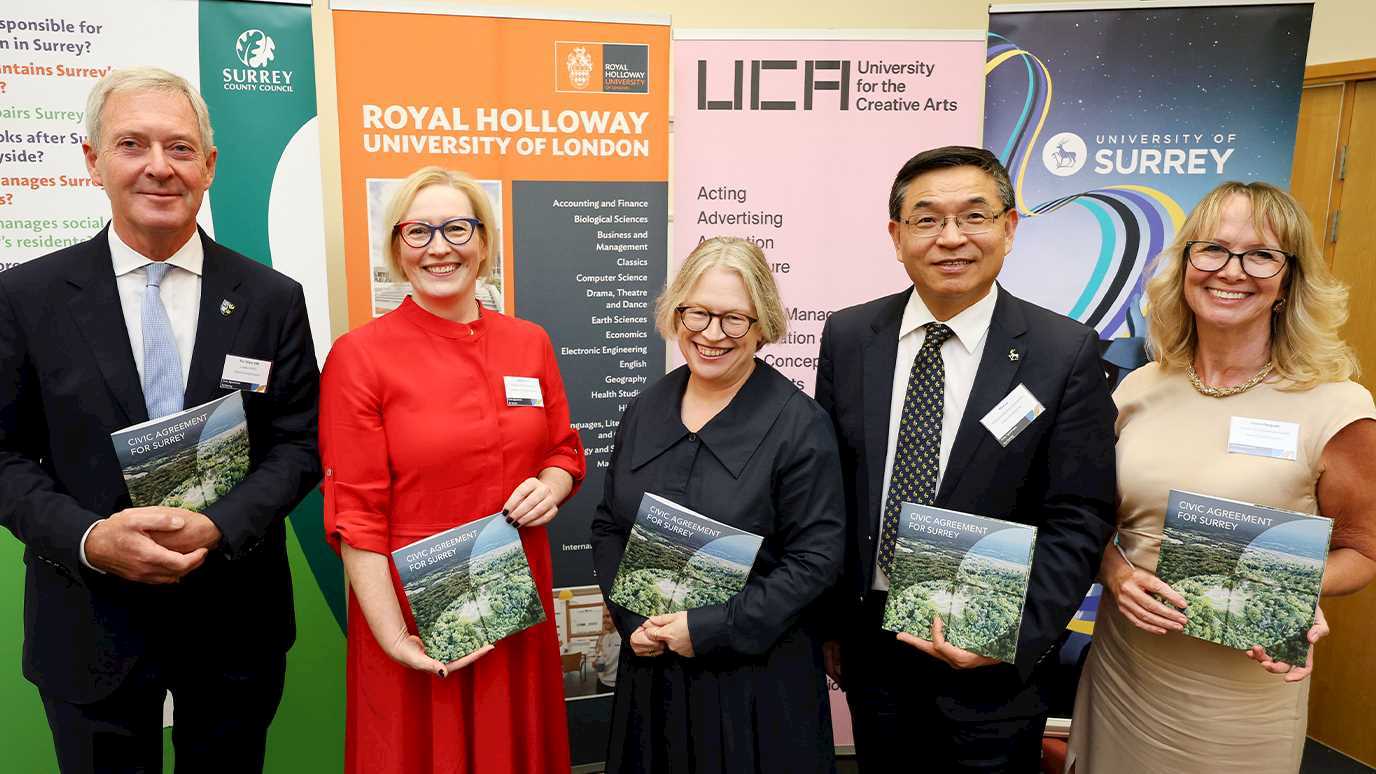Royal Holloway and its partners at University of Alabama, has been awarded a share of more than £9 million to start research into a treatment for Neurofibromatosis type 1 (NF1), a rare disease that affects 1 in every 3,000 children born around the world.
Linda Popplewell, Lecturer in Biomedical Sciences, and world-renowned Professor George Dickson, from the School of Biological Sciences, both at Royal Holloway, will lead a team looking for a treatment for NF1, a genetic disorder that causes tumours to form on nerve tissue. The tumours are usually non-cancerous (benign).
The funding has been made possible thanks to the Gilbert Family Foundation in America which was set up by Dan and Jennifer Gilbert, whose eldest son, Nick, suffers from NF1. The Gilbert Family Foundation's goal is to accelerate the development of curative therapies that address the underlying genetic abnormalities in NF1 patients.
NF1 is caused by a faulty gene which creates uncontrolled tumours developing in the nervous system. In over half the cases, the faulty gene is passed from a parent to their child.
Dr Linda Popplewell, alongside Professor Dickson, is part of Royal Holloway’s Centre of Gene and Cell Therapy, and said of the research and grant: “We are very excited to be able to research into curing Neurofibromatosis type 1 and to be working alongside the Gilbert Family Foundation and esteemed colleagues at the University of Alabama.
“The three year grant will allow us to take a deeper look in to this rare disease to help the 10s of thousands of people who suffer from this across the world.”
The UK, actor, presenter and campaigner, Adam Pearson, and his identical twin brother, Neil, both have NF1. Adam said: “As someone who is both effected by NF and considers the Gilbert Family as friends and fellow NF warriors, I could not be more excited about this grant.
“It will go on to fund pioneering research into NF1, seeking to improve to lives of those effected by the condition, be it directly or through proximity.
“I’m equally excited because, in the field of medical research, it is far too easy to boil things down to rudimentary numbers, medical jargon and desirable outcome - we depersonalise the process. This, however, feels different. This feels highly patient focused with a clear ideology, that whilst we are undoubtedly operating in the medical sphere, we all still hold humanity in highest regard.
“It’s that humanity, that common characteristic, coupled with an unwavering passion and desire to end NF that makes these next three years an exciting journey to be a part of.”
The Gilbert Family Foundation believes that directly repairing, replacing or bypassing the NF1 gene mutation is important to find a cure for NF, as Dan Gilbert said: “We are committed to funding revolutionary and big-idea research. The teams we have partnered with share this vision, and our family is honoured to be working closely with this talented group of researchers and physicians.”

























